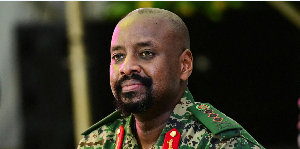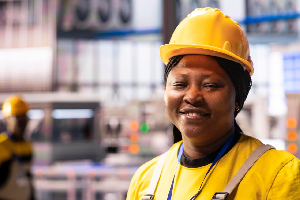The absence of decentralized state institutions is hindering access to essential services and justice by vulnerable communities in the Upper East Region, a study conducted by the Widows and Orphans Movement (WOM), a gender-focused organization has revealed.
The study showed that only the Department of Social Welfare was the most decentralized state institution and had offices in almost all the 15 Municipalities and Districts in the region while the rest did not.
Ms. Fati Abigail Abdulai, the Executive Director of WOM, who made the findings known to stakeholders in Bolgatanga, noted that the study is part of a four-year project on the theme: “ENOUGH!”.
The project is in partnership with Oxfam Ghana and Women in Law and Development (WiLDAF) with funding support from the European Union (EU).
It aims to empower women, girls, boys, and men to take positive action in ending sexual and gender-based violence in Ghana, Liberia, and Mali.
The Executive Director explained that as part of the implementation of the project, research has been launched to ascertain the state of implementation of the Domestic Violence Act of 2007, Act 732, and the Domestic Violence Legislative Instrument of 2016, LI 2237 in the region.
“We employed the participatory process through scorecards to find out the performance level, availability of office space, collaboration among others so that community members will rate the performance of state institutions and the state institutions equally did same. The study covered six communities in the Bongo and Nabdam Districts,” she said.
The findings revealed that due to lack of state institutions at the district and community levels such as the Domestic Violence and Victims Support Unit (DOVVSU), the Commission on Human Rights and Administrative Justice (CHRAJ), and Legal Aid among others, many people are often denied services especially justice.
Also because of poverty in the rural communities, women, especially did not have the resources to travel from their various communities to Bolgatanga, the regional capital to seek justice for being abused.
Regional News of Tuesday, 20 October 2020
Source: GNA













